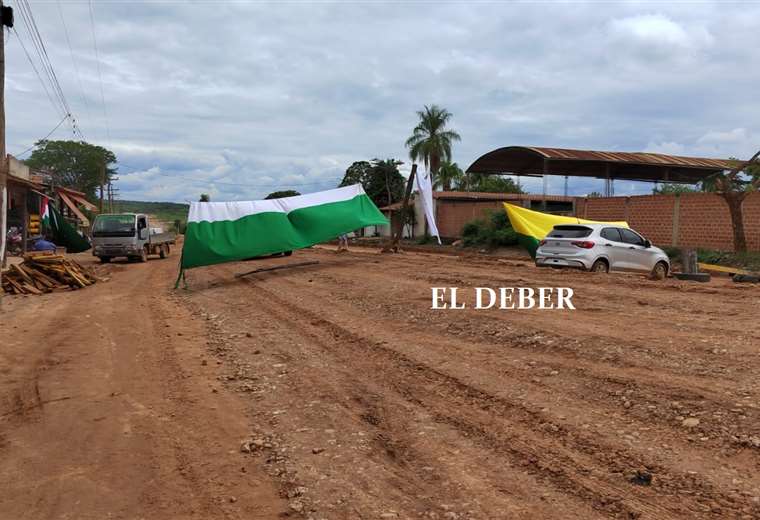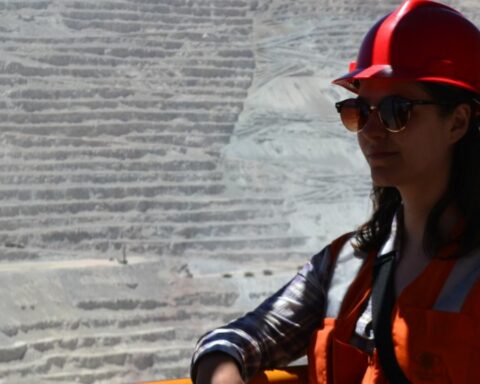The novelist and member of the board of the Museum of Memory and Human Rights, Arturo Fontaine, addressed the replacement of the budget by the Senate of the venue dedicated to commemorating the victims of the military dictatorship of Augusto Pinochet, which the Chamber of Deputies had refused.
“That the Museum of Memory is in danger is a sign that democracy is in danger. But the Senate has shown more democratic responsibility than the majority of the Chamber,” said the academic from the School of Liberal Arts of the Adolfo University Ibáñez and the Department of Philosophy of the University of Chile.
You may also like:
Fontaine pointed out that in various parts of the world “authoritarian and populist outbreaks arise that come to power through the ballot box and undermine democracy from within, respecting, if at all, its forms.” In his opinion, this is the case of Putin in Russia, Chávez in Venezuela, Orbán in Hungary, Kaczinsky in Poland, Erdogan in Turkey, and Bukele in El Salvador. In all the countries indicated, for the writer, the political system is unicameral or the second chamber is not relevant.
“In Chile, bicameralism has saved the Museum of Memory and Human Rights. And in doing so, it has made a powerful contribution to Chile’s democratic culture. Because to believe that populist-authoritarianism could not be unleashed here is a serious mistake” he added.
The author of “La vida doble” —which deals with a woman tortured during the Pinochet dictatorship who later became an implacable agent of the repressive apparatus— acknowledges that, by the way, “one can object to this or that to the Museum of Memory.” But what is certain, in his opinion, is that “anyone who walks it in good faith sees what happens when democracy is lost.”
“This journey, this awareness, becomes more important as the majority of the population ceases to have had a personal and direct experience of what life is like under a dictatorship,” concluded Fontaine, who has defended the Museum of Memory in the face of criticism from the right, which considered it divisive and partial.








